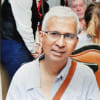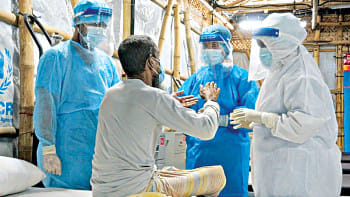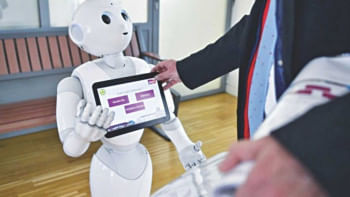
Sayeed Ahmed
Dr Sayeed Ahmed is a development professional involved in the infrastructure consulting business for over 20 years and has worked on projects under several government agencies in developing countries, Asian Development Bank, and other institutions. He is currently the CEO of Bayside Analytix, a technology-focused strategy and management consulting organisation.

















